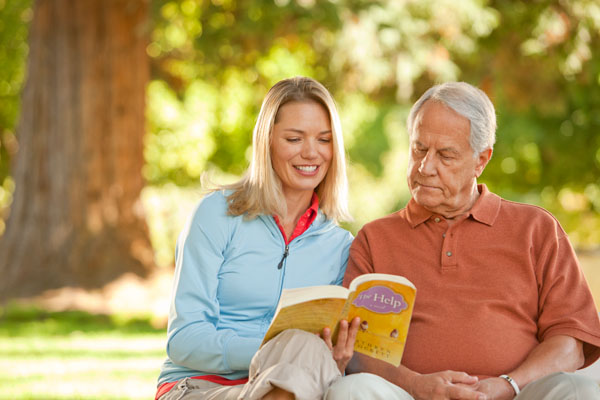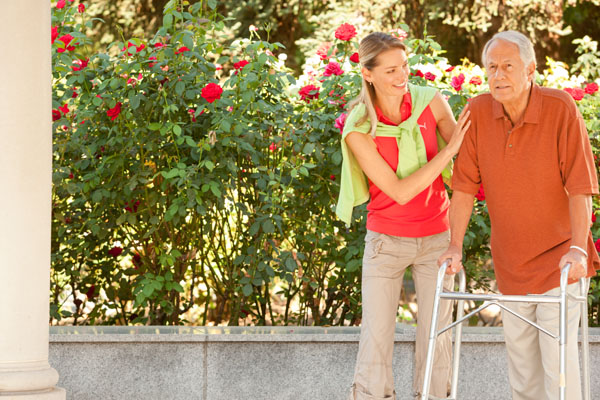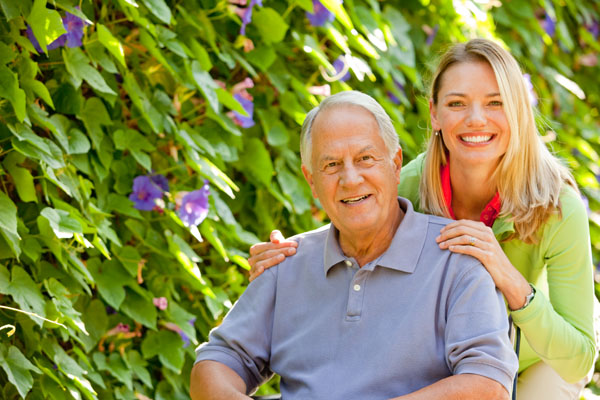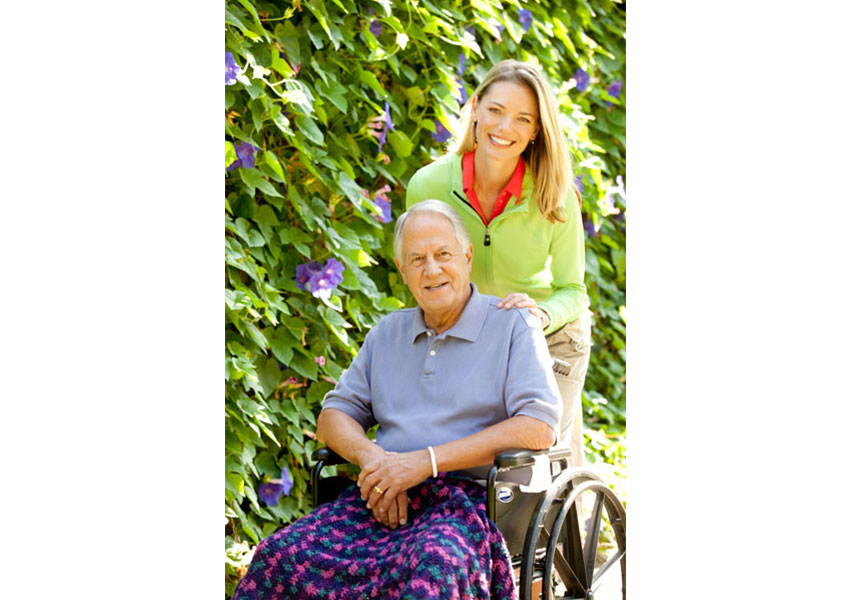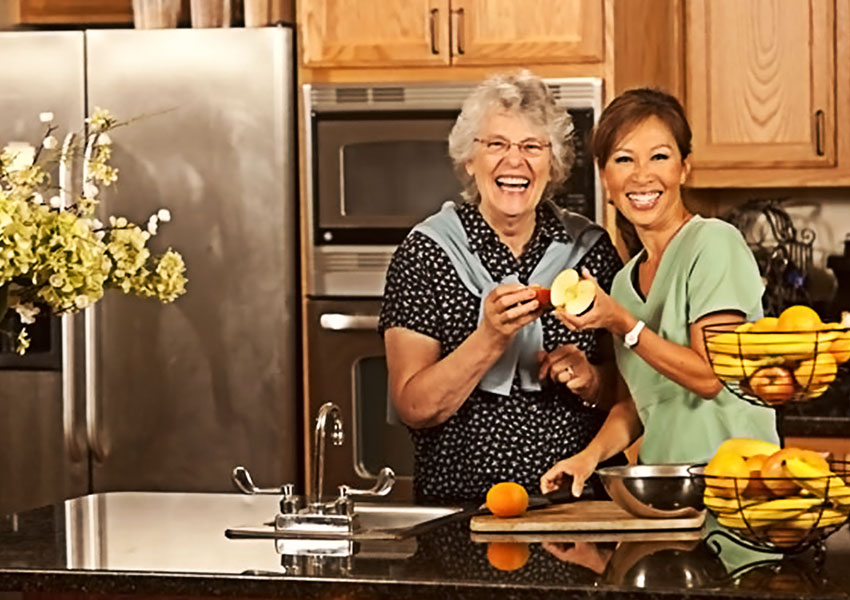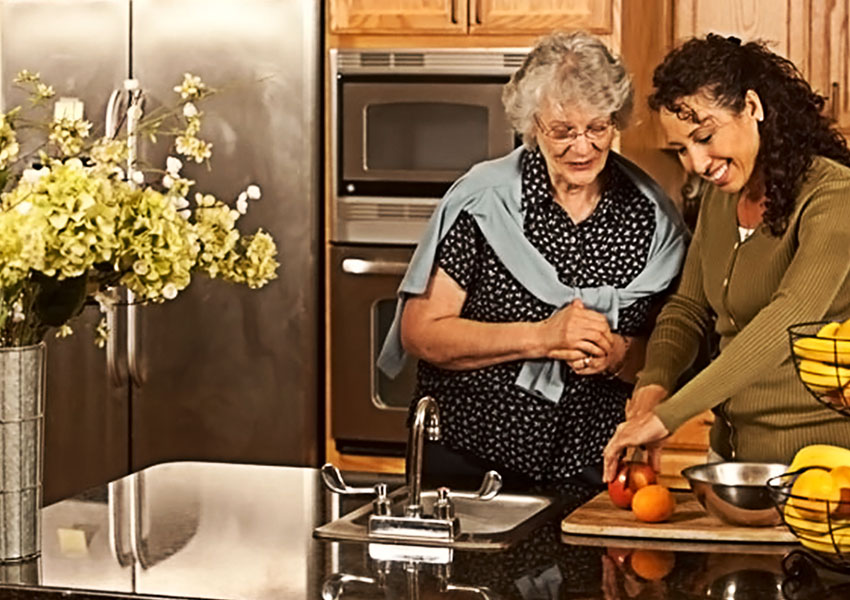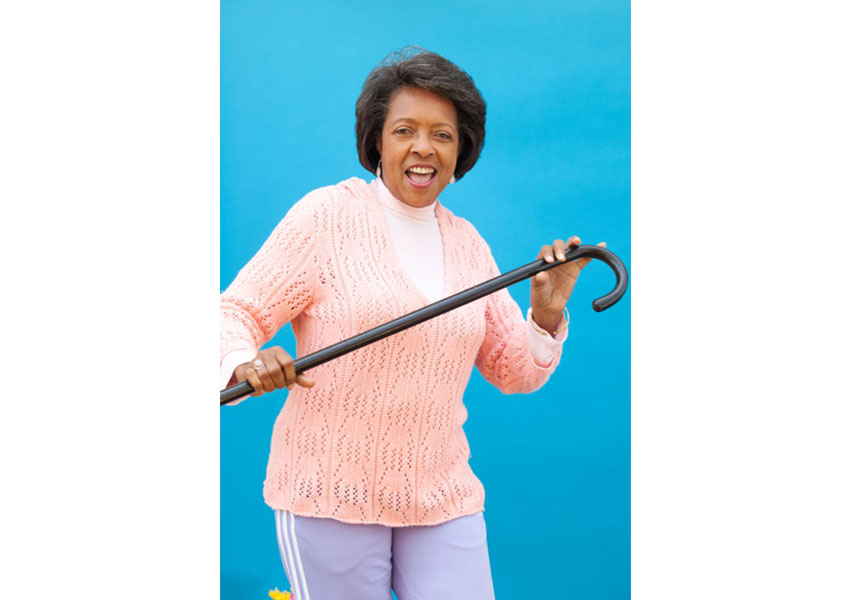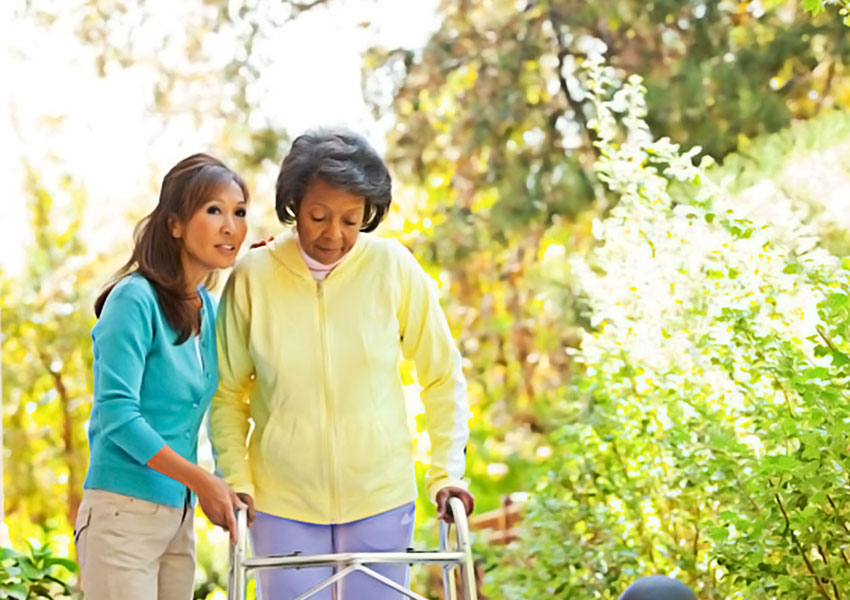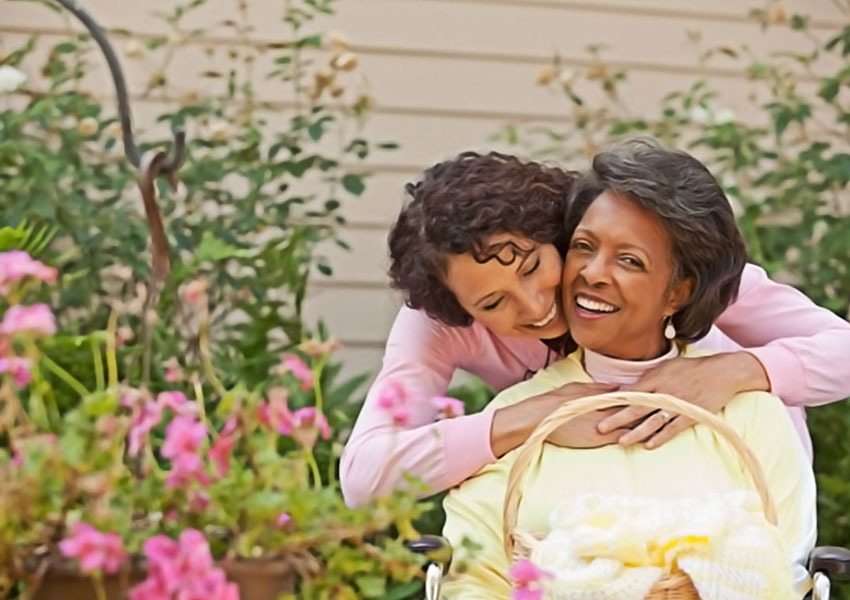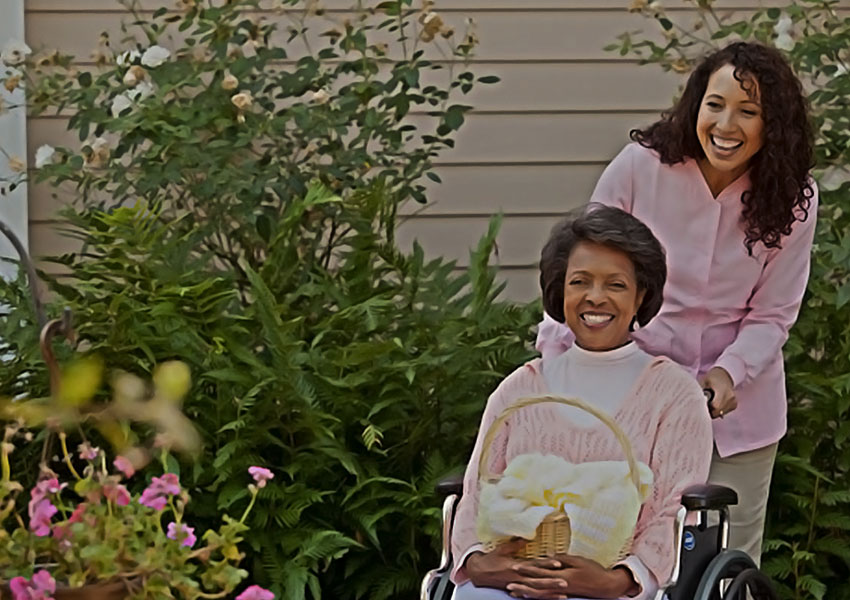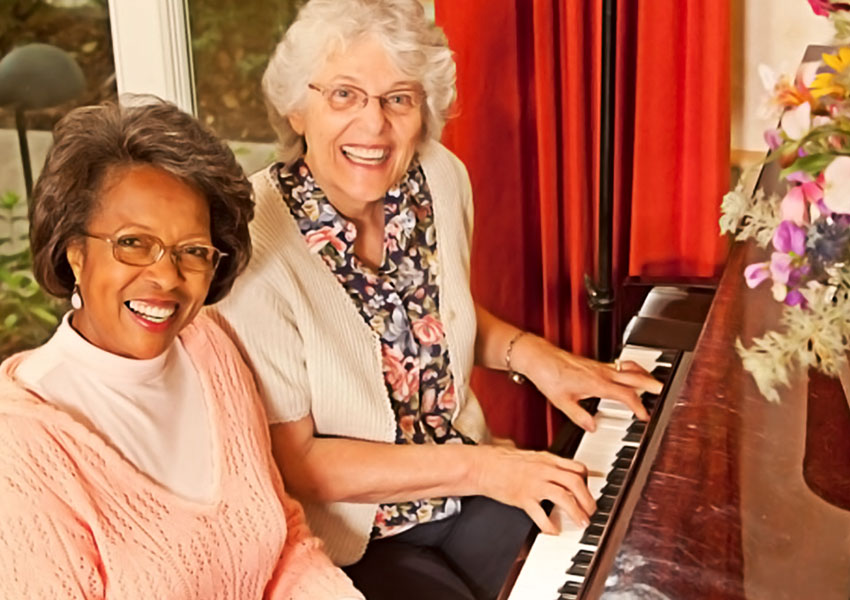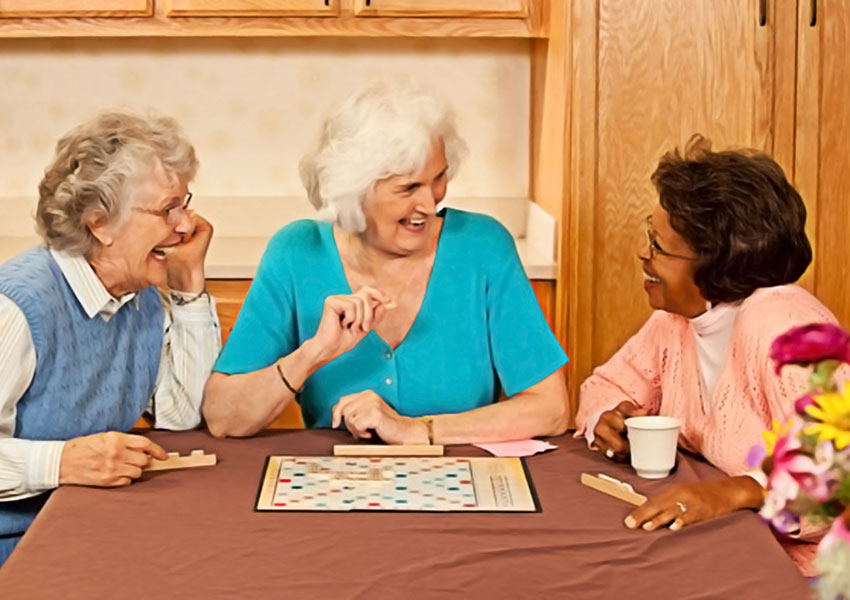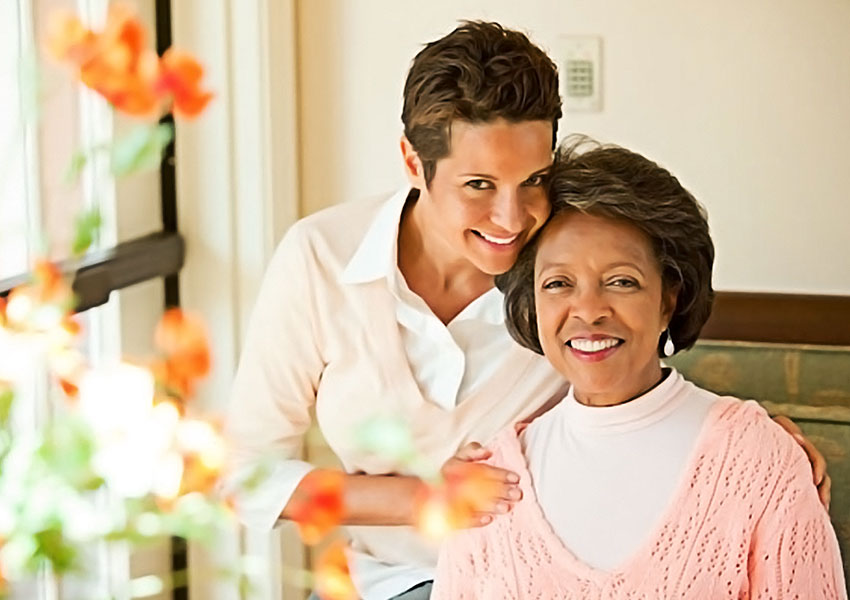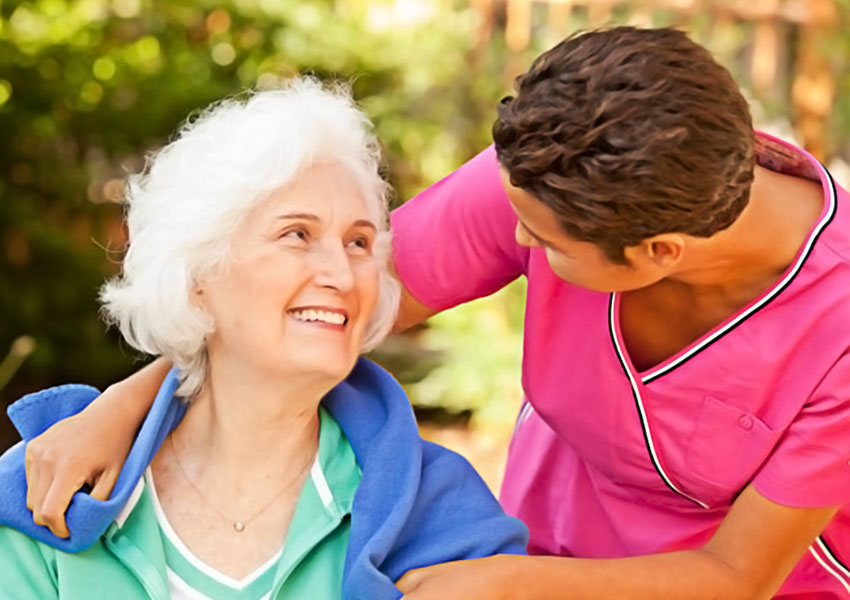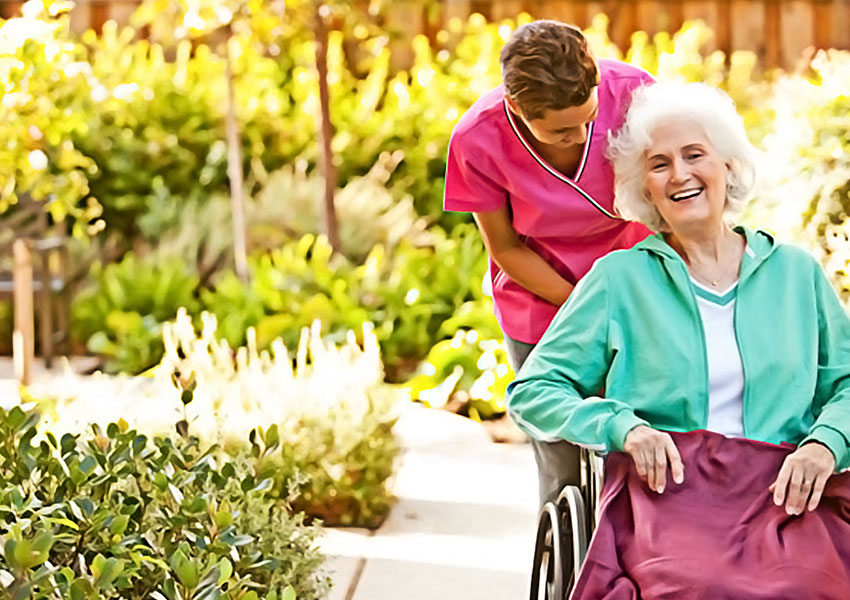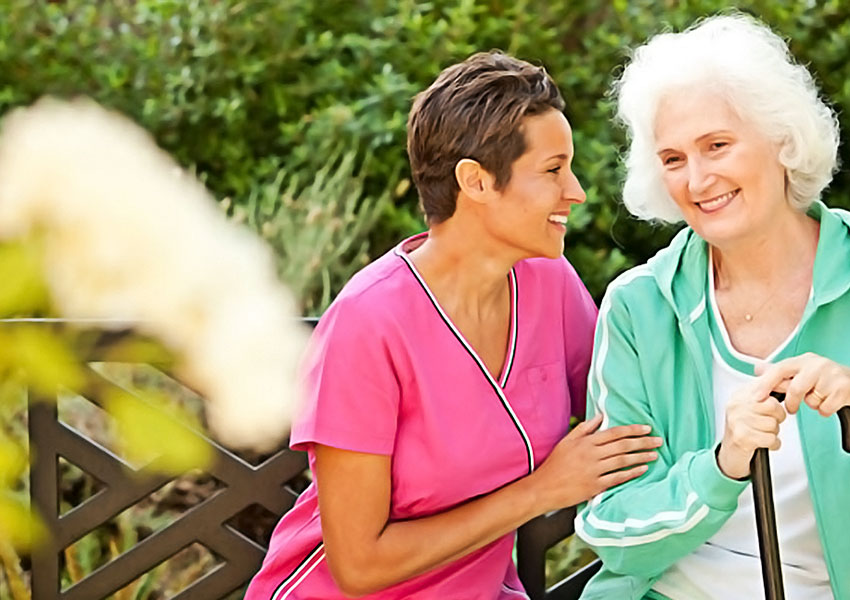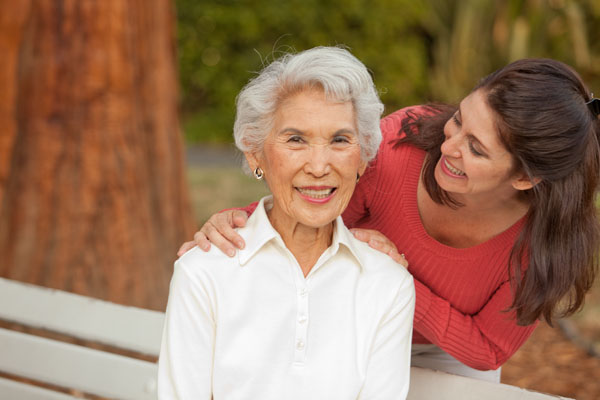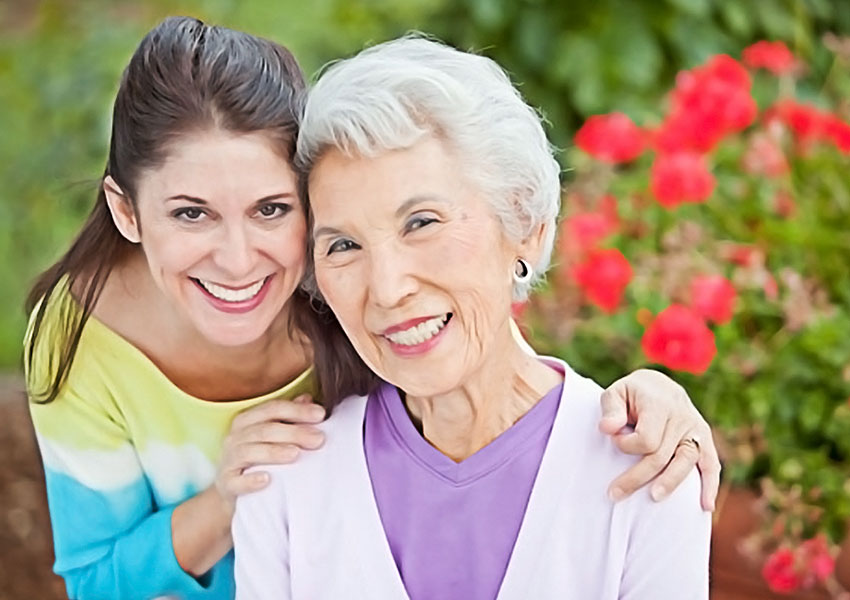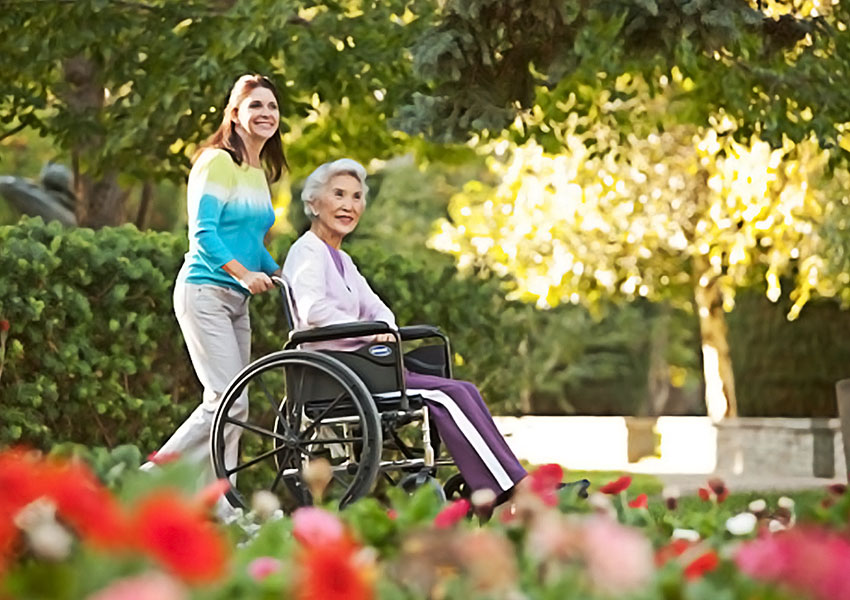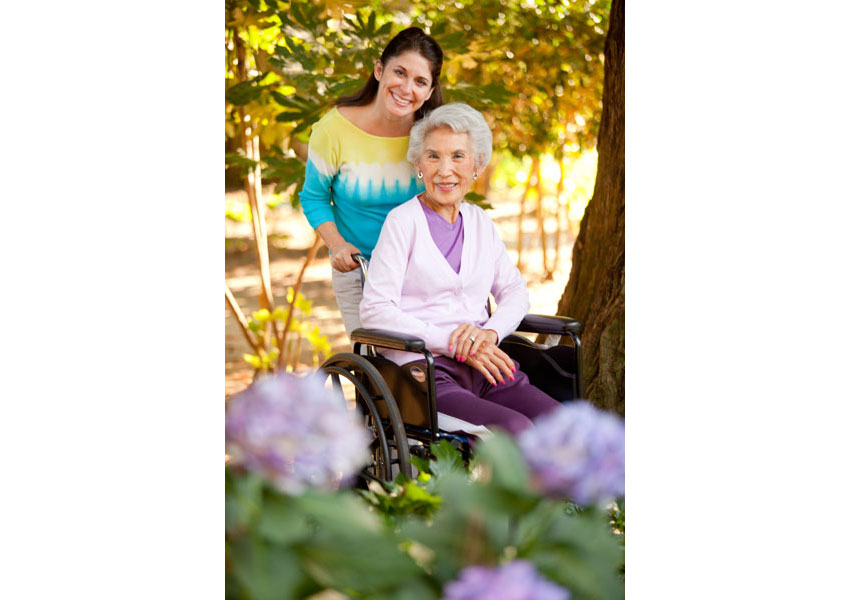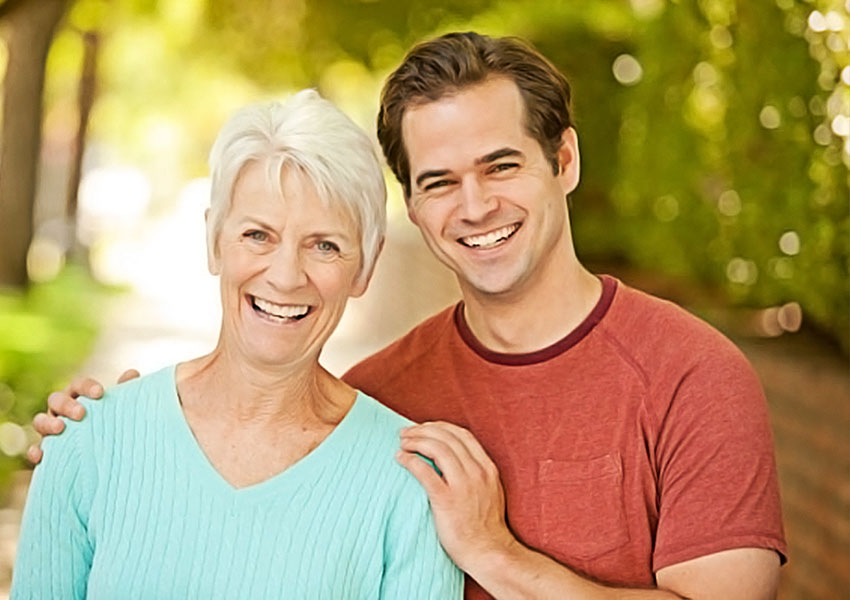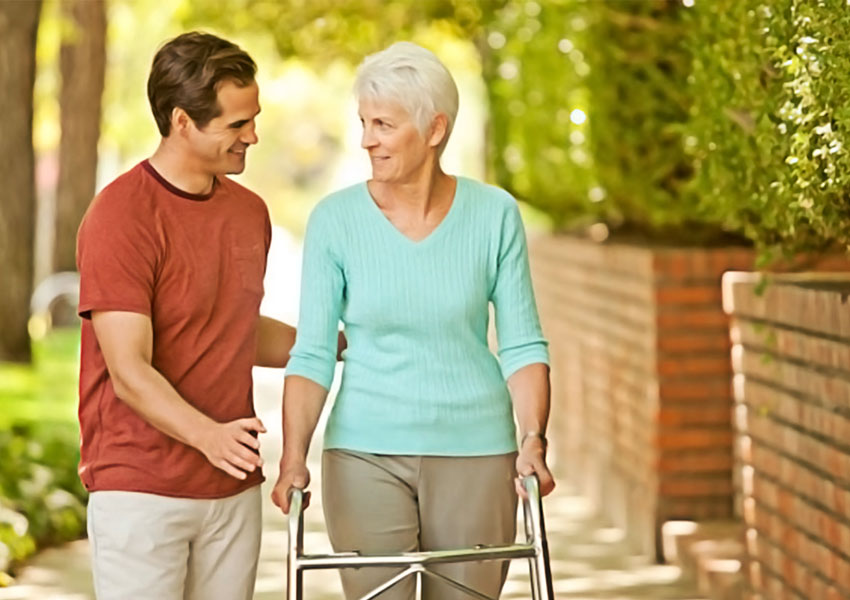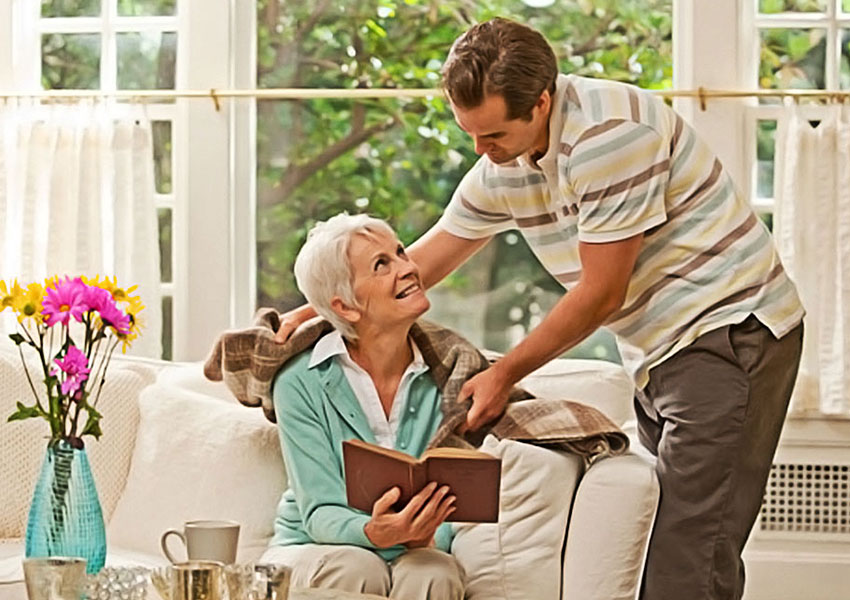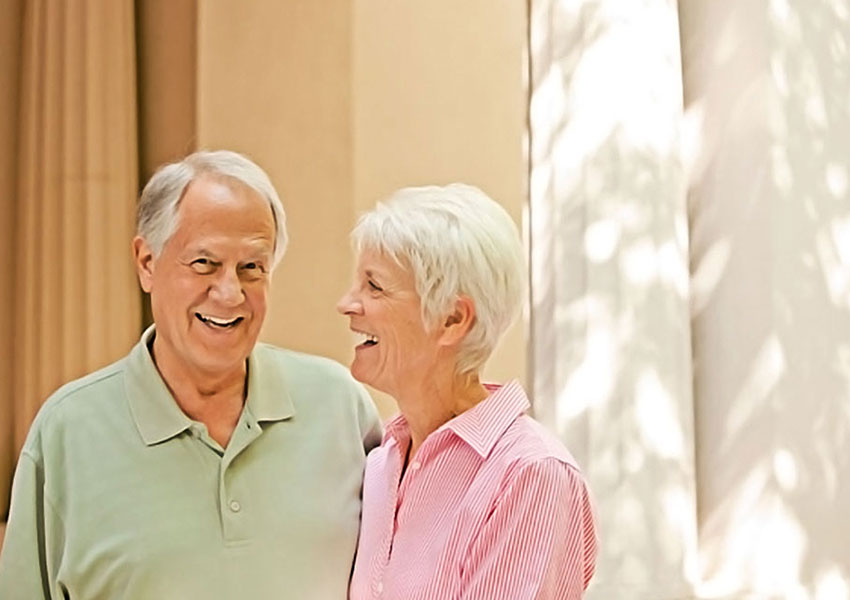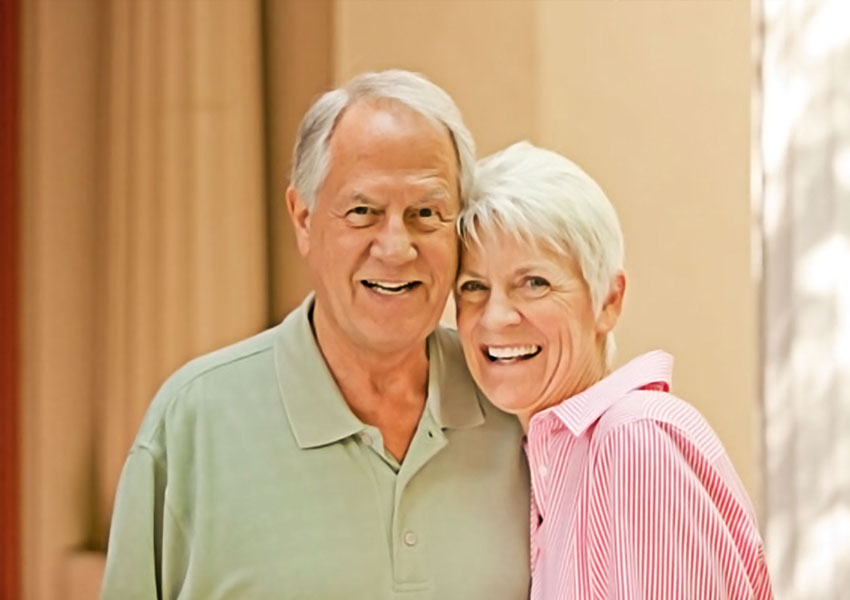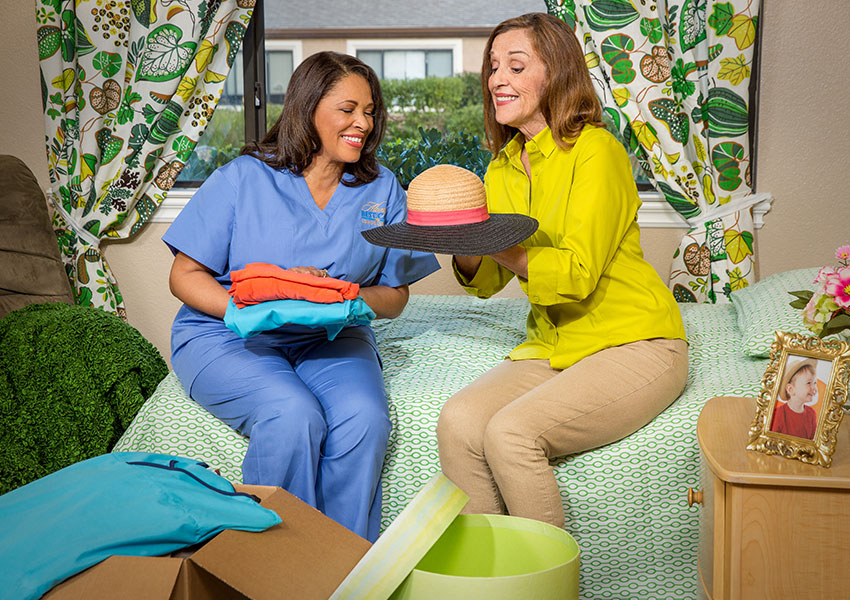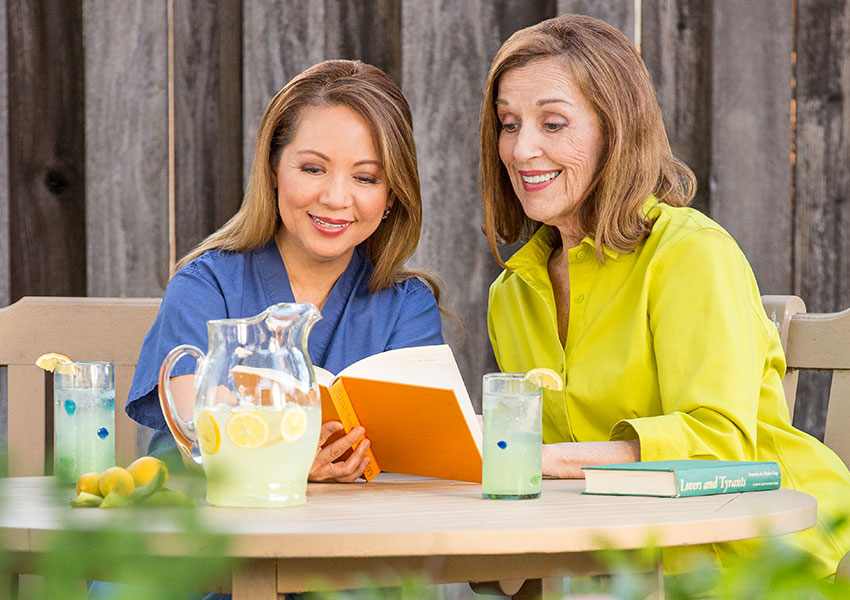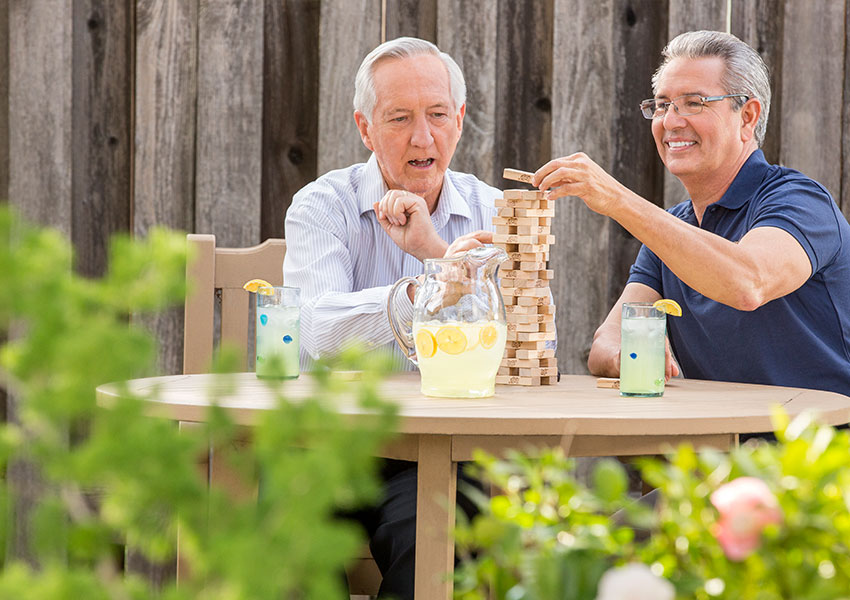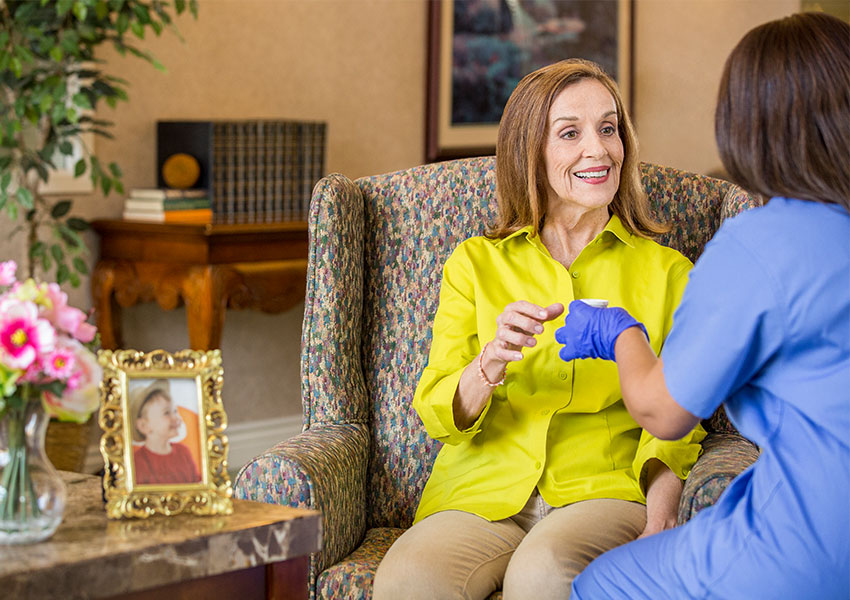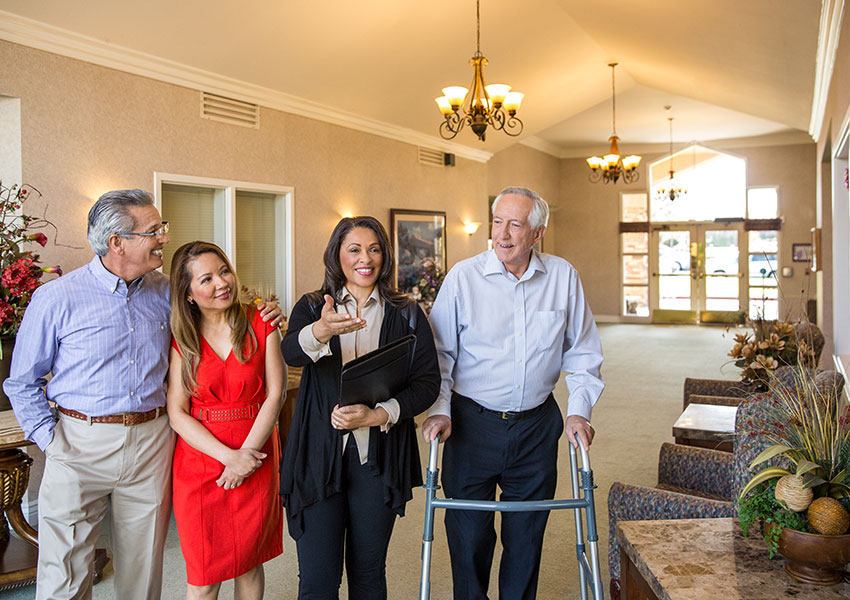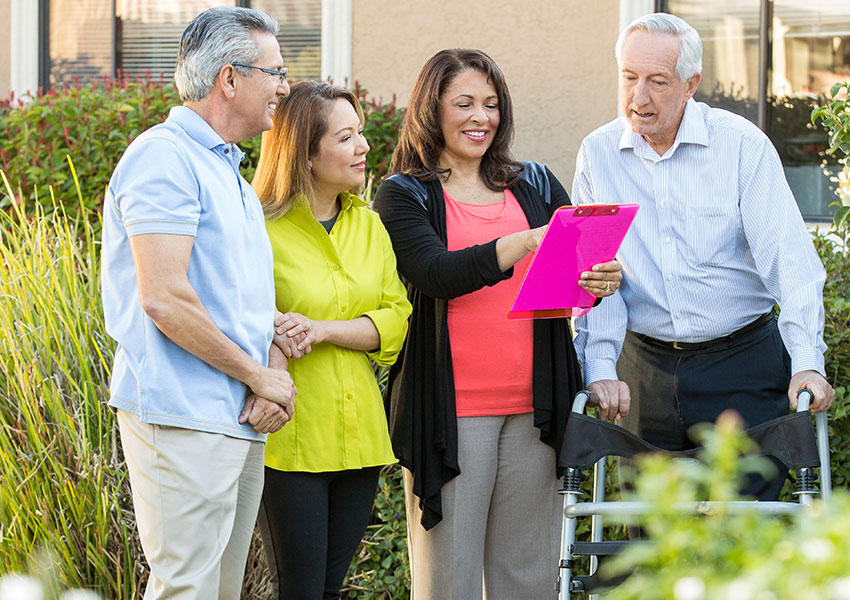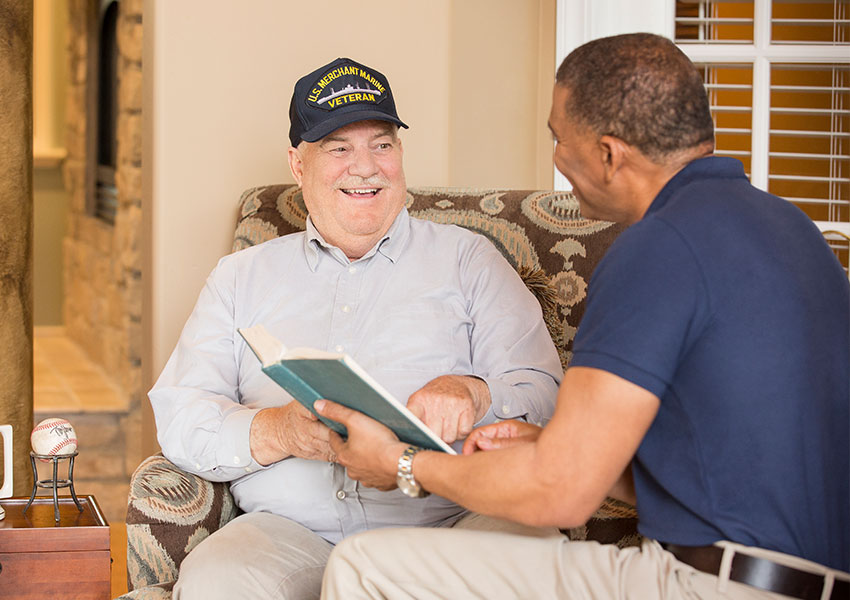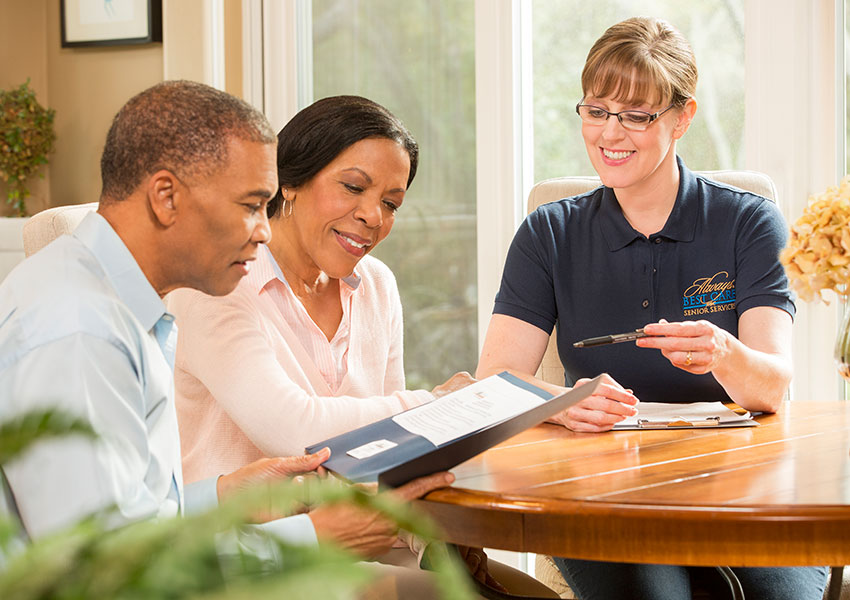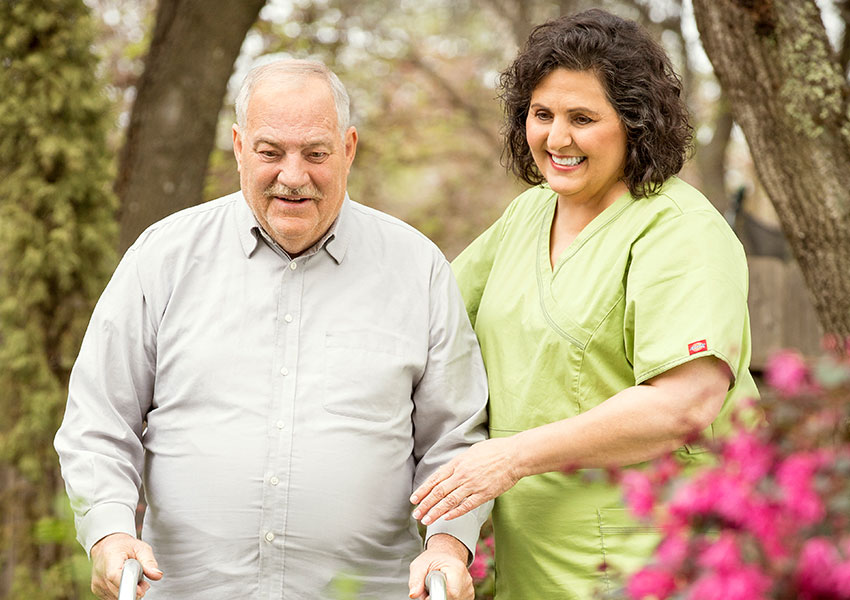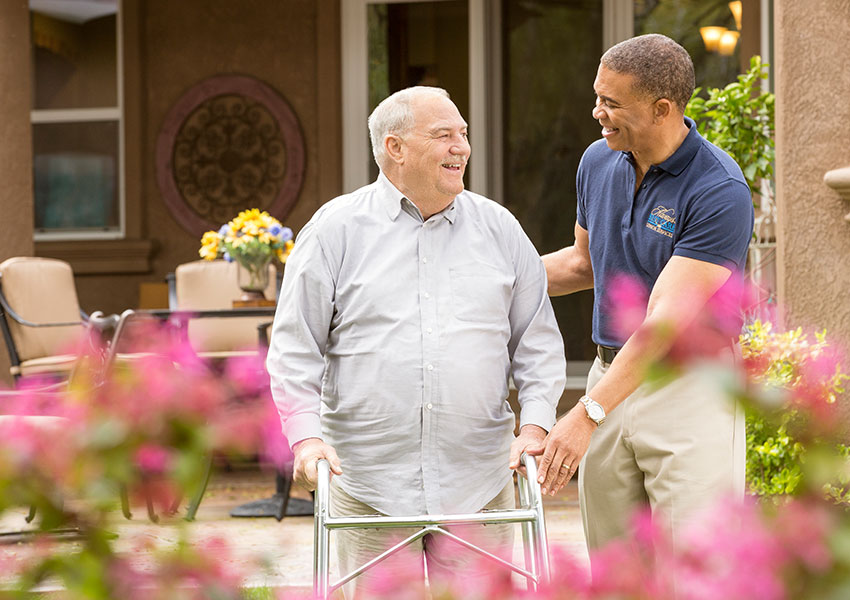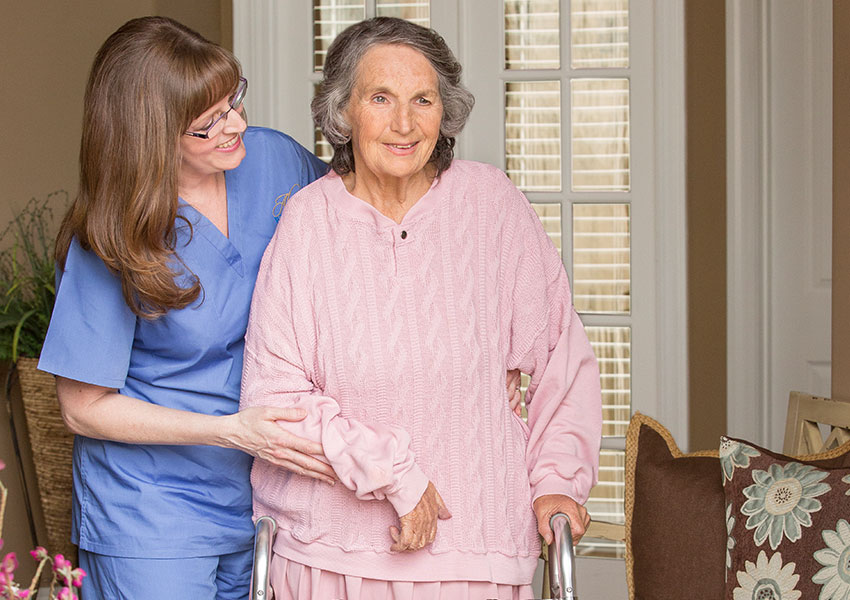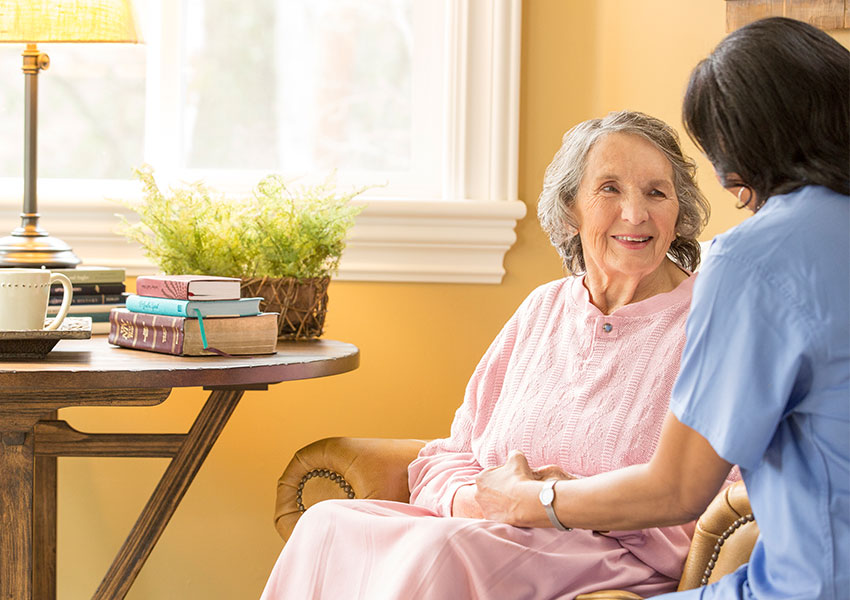 For older individuals, regular exercise can help the body maintain strength and flexibility when it might otherwise begin to break down and become weak or frail. Unfortunately, many seniors have trouble getting into regular exercise routines, leaving them less healthy than they would be otherwise. They understand the body benefits, but it’s still not enough to motivate them to get into gear.
For older individuals, regular exercise can help the body maintain strength and flexibility when it might otherwise begin to break down and become weak or frail. Unfortunately, many seniors have trouble getting into regular exercise routines, leaving them less healthy than they would be otherwise. They understand the body benefits, but it’s still not enough to motivate them to get into gear.
Thankfully, there are other ways to motivate seniors to exercise! The fact is that exercise is not only good for the body; it’s also amazing for what it can do to help the brain.
Let’s take a look.
How Does Exercise Benefit the Brain?
Here are some of the ways in which regular physical activity benefits the brain:
– It boosts the health of nerve cells throughout the body and in the brain
– It improves memory
– It increases overall blood flow to the brain, which, in turn, increases oxygen levels
– It improves overall cognitive function and “sharpness”
As you can see, exercise does more for the mind than what most people would give it credit for. Although this may be surprising, it makes sense when you consider how closely all of the body’s systems are connected.
The issue is convincing seniors that getting into exercise is worth their time. Seniors have a reputation for being stubborn, but if you’re a caregiver or family member, you have to ignore that stereotype and focus on what you can do.
Fortunately, there are some effective ways to convince seniors that exercise is the key to a healthy body and a happy, high-functioning brain.
Getting Seniors Interested in Exercise
If you’re looking for ways to motivate a senior loved one to exercise, here are some of the things you can do:
Talk about the benefits — Don’t assume that an elderly individual understands the benefits of exercise; talk about them, and make sure you include discussions about the mental benefits of regular physical activity.
 Teach the techniques — It may be up to you to show a senior loved one what to do in order to exercise properly. Learn the proper exercises and techniques yourself, then teach them to your loved one.
Teach the techniques — It may be up to you to show a senior loved one what to do in order to exercise properly. Learn the proper exercises and techniques yourself, then teach them to your loved one.
Be a master motivator — This may be a challenge, but it’s up to you to encourage different types of physical activity and to suggest pastimes other than common sedentary acts such as watching TV.
Use technology — Fitness trackers and other modern tech toys have made it easier — and more motivating — for people to get exercise, and seniors are no exception. Even if you supply a simple pedometer, it can give your loved one motivation to become more physically active.
More Help for Elderly Exercise
If you’re interested in learning more about how you can help an aging loved one care for their body and brain through exercise, Always Best Care is here for you! Call us today at 1 (855) 470-CARE (2273) for more information and to schedule your FREE consultation!




